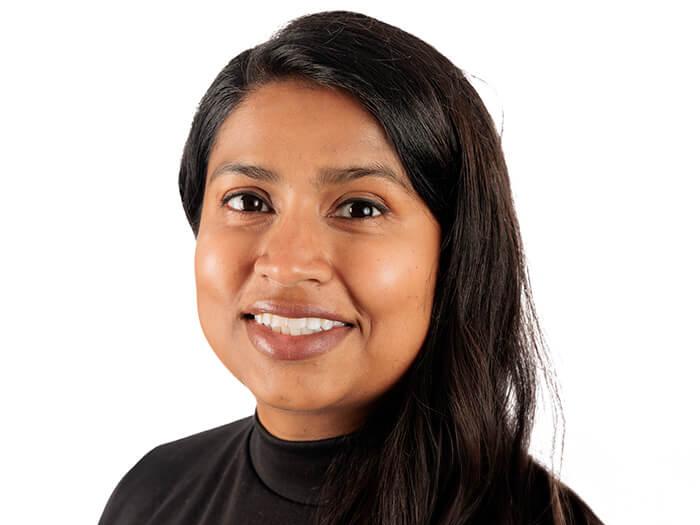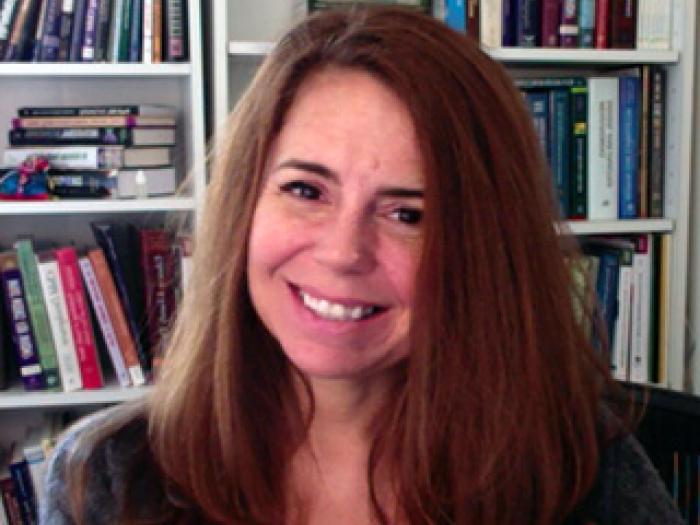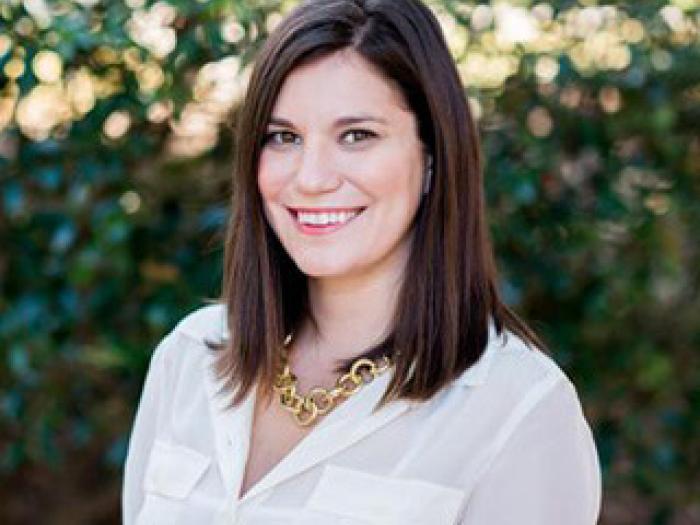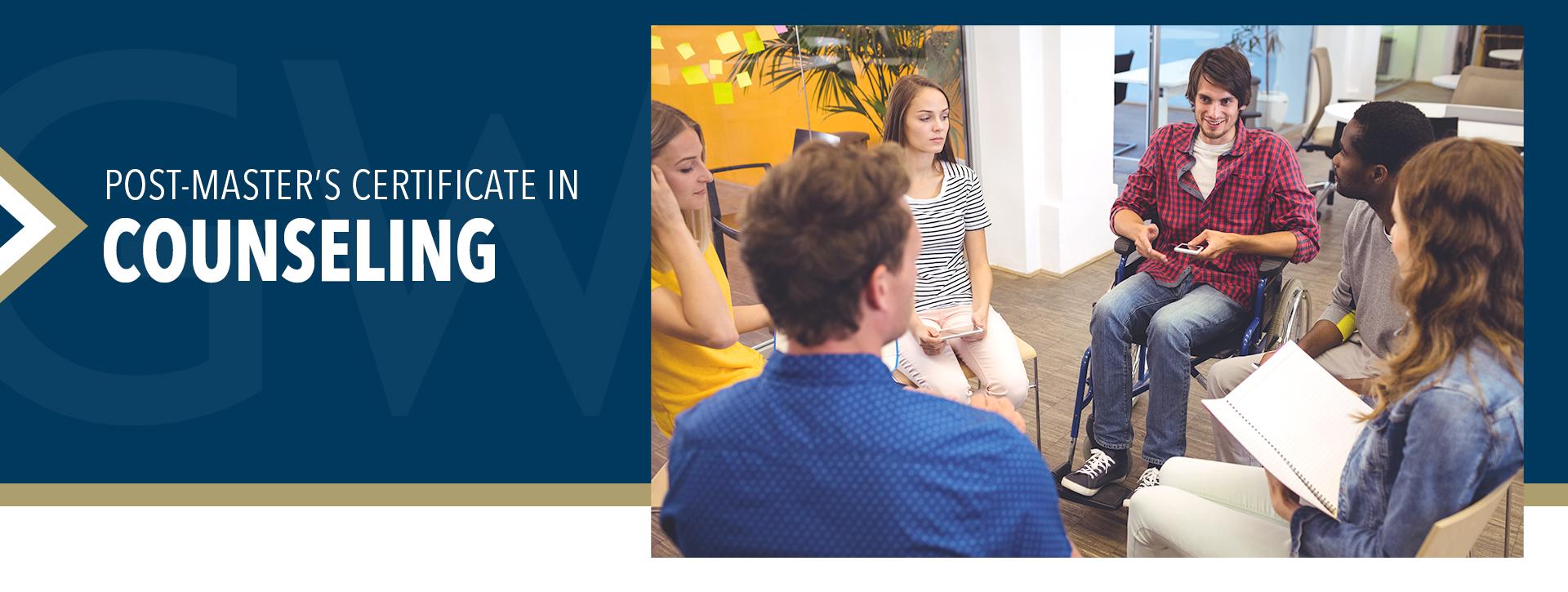Post-Master's Certificate in Counseling
Elevate Your Expertise, Transform Lives
The Post-Master's Certificate in Counseling is tailored to counseling professionals holding a 48-credit Master's in Counseling that aim to acquire the additional credits essential for licensure and board certification. Whether you are considering a career shift or aspire to work in a clinical setting, our program provides the comprehensive training and resources you need to excel in your counseling career.
The program prepares students to sit for board certifications as a Certified Rehabilitation Counselor (CRC), National Certified Counselor (NCC), Licensed Professional Counselor (LPC), or Registered Play Therapist (RPT). Not only is this a unique program not offered by many other institutions, GW is the sole institution in the DMV area providing specialized training in play therapy.
The four required courses are part of the master’s curriculum which is accredited by the Council for Accreditation of Counseling and Related Educational Programs (CACREP), aligning with our commitment to excellence in counseling education.
The GW Advantage
Learn under the mentorship of our esteemed faculty members who actively lead in national counseling associations, offering you unparalleled opportunities to establish lasting professional networks.
This program is designed to accommodate working professionals with courses in the evenings at our convenient Alexandria Education Center. In addition to smaller class sizes and easier parking and accessibility than the Foggy Bottom campus, Alexandria program students receive a discounted tuition rate.
Degree Awarded:
Post-Master's Certificate in Counseling
Department:
Counseling and Human Development
Course Delivery:
Alexandria Education Center
Program Entry:
Spring, Fall
- Our Mission
The Post-Master's Certificate in Counseling program is committed to preparing knowledgeable and ethical Professional Counselors equipped for the practice of individual, couple, child, family, and group counseling. Our program emphasizes working with diverse populations and developing strategies to promote the social, emotional, psychological, and physical health of individuals, families, communities, and organizations. We contribute to human development, adjustment, and change by encouraging our diverse faculty and student body to engage in reflective practice, critical inquiry, civic engagement, and responsible social action.
Department of Counseling and Human Development Statement on Anti-Racism and Anti-Oppression
Being anti-racist involves the internal, interpersonal, institutional, and structural commitment to confront and eliminate racism that exists in ideals and policies. In critical reflection of our individual and collective responsibilities to dismantle white supremacy and advance anti-oppressive andragogy, the CHD department is committed to anti-racist practices that:- Address racism and discrimination directly through explicit discussion and action;
- Increase awareness of prejudice and confront its effects through the discussion of past and present racism, stereotyping and discrimination in society;
- Disrupt and dismantle the systems and structures that codify institutional racism and oppression within the department, the university, and the counseling profession;
- Disrupt and dismantle racial power inequities within the department, the university, and the counseling profession;
- Deeply challenge and hold all members of the CHD community accountable to advance their own anti-racism praxis; and
- Ensure the content and delivery of the curricula reflects this focus.
- Curriculum Requirements
The following requirements must be fulfilled: 12 credits in required courses.
Changes to the program plan of study are possible based on individual student needs and career goals and should be arranged with the faculty advisor upon admission to the program.Please Note: PMC in Counseling students MUST register for courses at the Alexandria Education Center location only.
Code Title Required Courses CNSL 6169 Substance Abuse and Addictions Counseling CNSL 6171 Family Counseling CNSL 6175 Living and Dying: A Counseling Perspective CNSL 6190 Advanced Career Counseling
Apply Now
GSEHD’s Office of Admissions invites you to apply for a spot in our program. Please review the following admission and financial information.
Ready to take the next step in your career? Review our step-by-step guide to applying to GSEHD >
To learn more about the program, admission process, and upcoming events, please connect with the GSEHD Admissions Team at askcounseling![]() gwu [dot] edu (askcounseling[at]gwu[dot]edu) or 202-994-9283.
gwu [dot] edu (askcounseling[at]gwu[dot]edu) or 202-994-9283.
| Apply Now | Schedule Meeting with Admissions Coach |
To be considered for admission, applicants must submit the online application form as well as the following required supporting documents. There is no application fee.
- Prerequisite: Master's Degree in the Field of Counseling
- Resume
- Transcripts from all previously attended colleges or universities
- Statement of Purpose: In an essay of 250 to 500 words, state your purpose in undertaking graduate study at The George Washington University, describing your academic objectives, research interests, and career plans. Also discuss your related qualifications, including collegiate, professional, and community activities and any other substantial accomplishments not already mentioned in the application.
- One Letter of Recommendation (preferably one from a faculty member or professional supervisor)
- Submit receipt that you have submitted your transcripts to your state licensure board for transcript review.
*Additional application requirements may exist for international applicants.
Applications are now being accepted for Fall 2026. We encourage you to apply as early as possible.
Application Timeline Spring Fall Priority Deadline Sept 1 Nov 1 Round 1 Deadline Oct 1 Dec 1 Round 2 Deadline Nov 1 Jan 15 Round 3 Deadline March 1 Program Deadline Dec 1 May 1
For more information or to inquire about the next admissions cycle, contact the GSEHD Admissions Team at askcounseling gwu [dot] edu (askcounseling[at]gwu[dot]edu) or 202-994-9283.
gwu [dot] edu (askcounseling[at]gwu[dot]edu) or 202-994-9283.
Tuition & Financial Aid
We know embarking upon graduate school is a big decision. At GW, we understand the time and thought behind making graduate school work for you. Please take a moment to learn more about the options and opportunities available to help fund your graduate education.
Graduate tuition is charged per credit hour, unless otherwise noted. Rates vary by program and location.
The tuition rate* for the Post-Master's Certificate in Counseling program is $1,040 per credit hour.
This program requires 12 credits.
Please note: Additional fees may apply for international students, late fees, etc. Current tuition rates may be updated during the year.
*Summer 2025, Fall 2025, Spring 2026
Career Outlook
A post-master's certificate in counseling can open up various advanced career opportunities, including in clinical or supervisory settings. Keep in mind that specific job opportunities and licensing requirements can vary by state and country, so it's essential to research the regulations and qualifications in your area. Additionally, some of these roles may require additional certifications or licensure beyond the post-master's certificate, so be sure to understand the specific requirements for the career path you wish to pursue.
This certificate program prepares you to sit for board certification as a Certified Rehabilitation Counselor (CRC), National Certified Counselor (NCC), Licensed Professional Counselor (LPC), or Registered Play Therapist (RPT).
- Counseling Career Opportunities
-
Career options within the field of counseling are vast. Below are just a sampling of potential opportunities for consideration:
- Clinical Supervisor: If you have substantial counseling experience, you could become a clinical supervisor, overseeing and providing guidance to less-experienced counselors and therapists.
- Private Practice: You can establish your own private counseling practice, working with clients and offering a range of counseling services.
- Play Therapist: Work with children who may have emotional, behavioral, or social difficulties, and use play as a therapeutic tool to help them express their thoughts, feelings, and experiences.
- Trauma Counselor: Focusing on trauma-informed care, you can work with individuals who have experienced trauma, helping them cope and heal from their experiences.
- Crisis Counselor: Crisis counselors work in emergency or crisis situations, such as natural disasters or crisis hotlines, to provide immediate support and intervention to individuals in distress.
- Career Counselor: Guide individuals in their career development, job search, and decision-making processes. Some organizations and colleges hire career counselors to provide these services.
- Addiction Counselor: With a focus on addiction and substance abuse counseling, you can work in rehabilitation centers, community health organizations, or correctional facilities.
- Child and Adolescent Counselor: Specializing in counseling children and teenagers, you can work in schools, youth centers, or private practice.
- Mental Health Program Coordinator: Coordinate and manage mental health programs in community organizations, government agencies, or non-profit organizations.
- Mental Health Expert/Consultant: Provide specialized advice and guidance on mental health-related issues to to fellow counselors, families, schools, businesses, or government agencies. The role could include providing research, assessment and analysis, treatment advice and intervention strategies, training, policy or program development, or authoring texts on the subject.

Program Co-Director, Clinical Mental Health Counseling; Associate Professor, Counseling and Human Development


Co-Department Chair and Associate Professor, Counseling and Human Development



